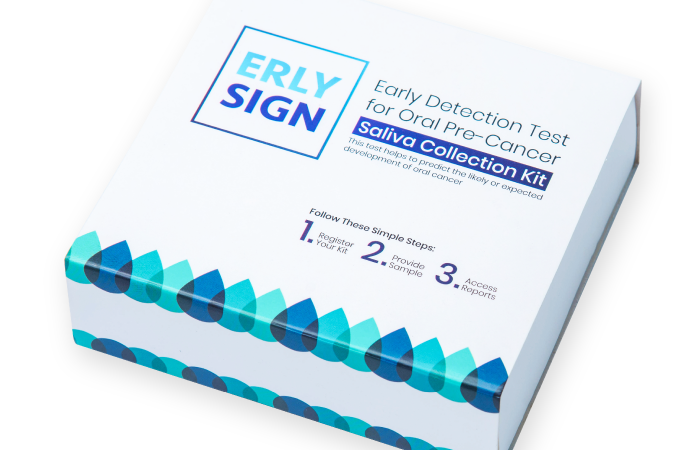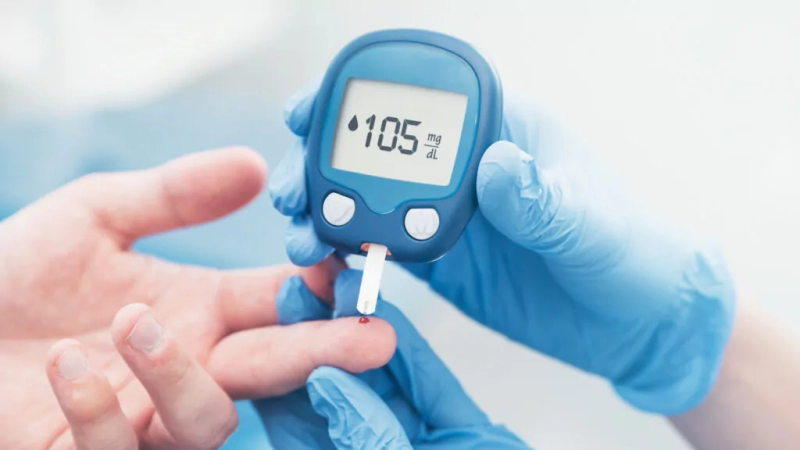Make in India is doing the rounds all over and the government of India is keen on this campaign as it approves 100% FDI for medical devices. India is currently importing 70% of the medical devices. This move from the government will now attract more investments and domestic manufacturing. Before this announcement, medical device FDI was regulated with the same norms as pharmaceuticals in India.
With this announcement, RBI recognizes medical devices as a separate sector from pharmaceuticals. In the pharmaceutical industry, only greenfield projects can have 100% FDI through the automatic route while brownfield projects have to be cleared by FIPB (Foreign Investment Promotion Board). The recent guidelines by RBI allows all medical device projects to be approved via the automatic route.
Under the new guidelines; spinal needles, cochlear implants, annuloplasty rings, trachestomy tubes, syringes and needle, dental implants, surgical sealants, heart valves, cardiac stents, orthopedic implants, endotracheal tubes, and catheters, among others, comes under the 100% FDI automatic route. (Registration of Medical Devices in India)
The Association of Indian Medical Device Industry after welcoming the decision wants the government to make sure that FDI is used not for trading but for local manufacturing. The founder and managing director of Trivitron Healthcare, G.S.K. Velu told: “The decision of 100% FDI is most welcome but these investments should be inspected closely that they are used to reduce the imports actually and encourage local manufacturing”.
Other News
Imports of High-Value Medical Equipment
High-Value Medical Equipment The Central Drugs Standard Control Organization (CDSCO) and the Central Board of Indirect Taxes & Customs have released a new circular, “F.No.401/40/2021-Cus.III,” detailing updated policies on the import of used high-end medical […]
Read MoreSEC Committee: Pioneering Medical Approvals
New important article released by Central Drugs Standard Control Organization (CDSCO) titled “SEC – Special Expert Committee, Medical Devices”. Key highlights include the streamlined processes for CDSCO application evaluations, preparation and significance of briefing materials, […]
Read MoreErlySign Oral Cancer Detection Technology Gets CDSCO Nod
ErlySign, a Nagpur-based biotech startup, has received approval from the Central Drugs Standard Control Organization (CDSCO) to conduct large-scale clinical trials for its novel oral cancer detection technology. The approval for ErlySign follows a rigorous […]
Read MoreAdditional Steps Announced by FDA to Modernize Clinical Trials
The U.S. Food and Drug Administration has made draft guidance available with updated recommendations for good clinical practices (GCPs), which are intended to modernize the clinical trial design and conduct while maintaining data integrity and […]
Read MoreAccreditation and Registration Numbers for Foreign Manufacturers Publication by PMDA
This article deals In accordance with the Pharmaceuticals and Medical Devices Act (PMD Act) of Japan, foreign businesses that wish to produce pharmaceuticals, quackery products, active pharmaceutical ingredients (APIs), or medical devices abroad and import […]
Read MoreBSI New Certification to Mitigate Antimicrobial Resistance Risk in Antibiotic Manufacturing
BSI, the business improvement and standards company, has developed a new certification to mitigate the risk of antimicrobial resistance (AMR) in antibiotic manufacturing. The certification, called the Minimized Risk of Antimicrobial Resistance (AMR) certification, will […]
Read MoreTUV SUD Inspects IVD Medical Devices’ Cyber Security
The growing digital connectivity of medical infrastructure is resulting in complicated systems with a plethora of diverse interfaces that are potentially vulnerable to assault. The IVD requires producers to provide proof of cyber security before […]
Read MoreTGA Supports MHRA’s New Regulations
The TGA made a commitment to support the MHRA‘s new Regulations worldwide recognition framework for pharmaceuticals. Following the UK’s exit from the European Union, a new international recognition framework for medicines has been developed specifically […]
Read More


